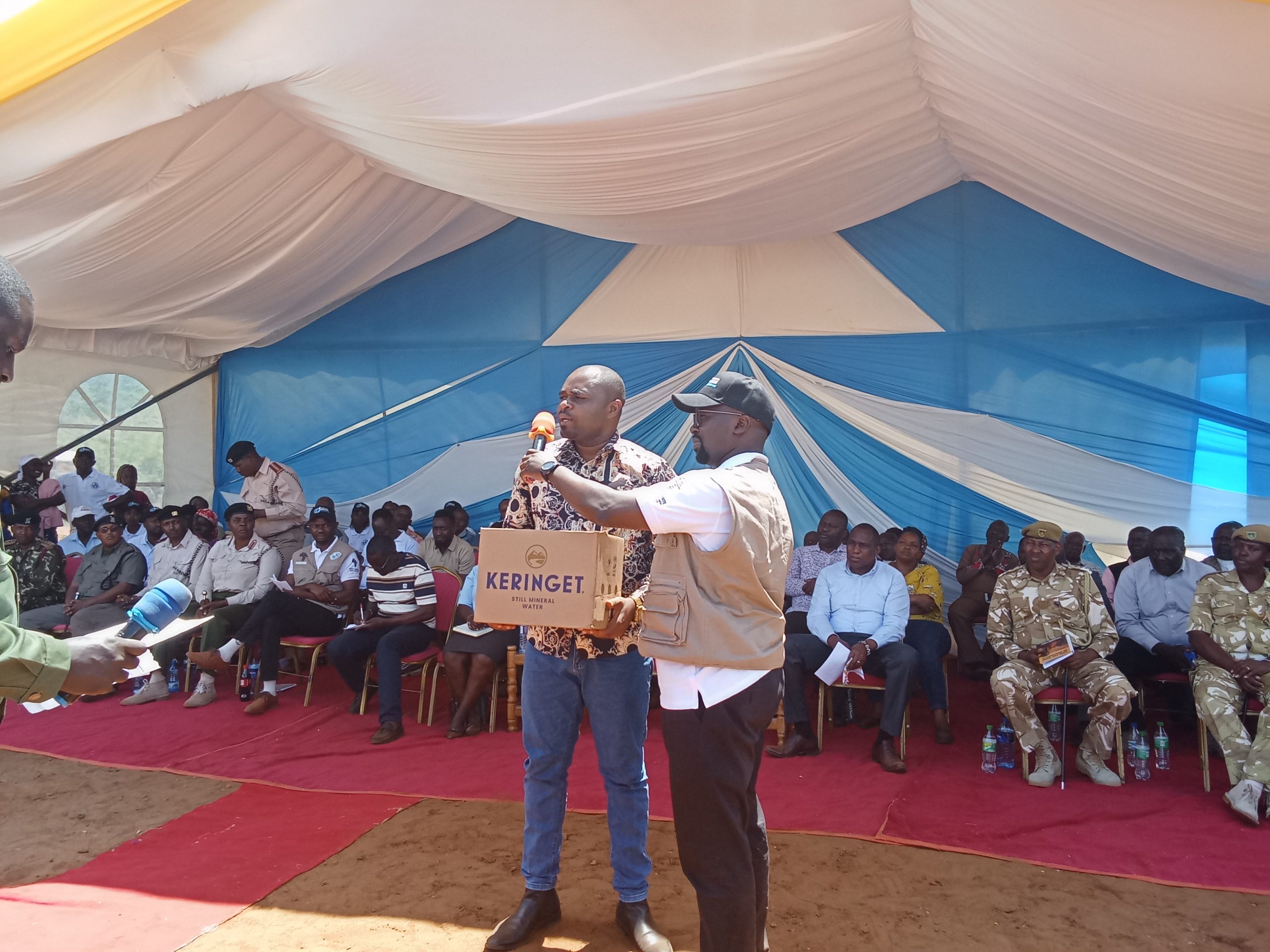Kenya to tackle snakebite crisis with local antivenom production

By Christine Ngitori
In a groundbreaking initiative, the Kenya Institute of Primate Research is set to manufacture antivenom locally. Experts celebrate this move as a vital step in combating the persistent challenge of snakebite incidents in the country.
George Omondi, director of the Snakebite Intervention Center, revealed that the Kenyan government, recognizing the severe impact of snakebites on communities, is mobilizing resources through the National Assembly to tackle this urgent health crisis effectively.
Speaking at Mwenjeu Primary School during the International Snakebite Awareness Day (ISBAD) commemoration in Tharaka Nithi County, Omondi announced, “In the next two years, we will have affordable and effective antivenom produced right here in Kenya, tailored to the venomous snakes native to our regions.”
He emphasized that the locally manufactured antivenom will not only be more effective but will also significantly reduce treatment costs for victims, addressing the current tragedy of amputations and fatalities stemming from snakebites.
Wycliffe Omondi, representing the Vector-Borne and Neglected Diseases program, added that over 21 diseases, including snakebites, deserve more attention from health authorities.
“We will partner with the Ministry of Health and various stakeholders to elevate awareness and enhance healthcare workers’ training in the administration of antivenom,” he stated.
Omondi outlined plans to roll out community training programs designed to educate and empower residents in high-risk areas, enabling them to respond effectively to snakebite emergencies.
Maara MP Kareke Mbiuki, chairperson of the Departmental Committee on Tourism and Wildlife, seized the opportunity to highlight the pressing need for awareness around the prevalence of snakebites in the region. He pledged to propose amendments to legislation that would ensure victims of snakebites and wildlife attacks receive fair compensation.
“If someone loses a limb or, tragically, their life due to a snakebite, they deserve to be compensated,” Mbiuki insisted, acknowledging the significant gap between available funds and the actual compensation needed—500 million shillings allocated yearly versus 600 billion for certified cases.
He urged President William Ruto’s administration to increase funding for snakebite victim compensation while stressed the importance of collaboration between national and county governments to ensure antivenom is readily available in hospitals located in high-snakebite zones.
In addition to these discussions, Mbiuki condemned proposed regulations requiring farmers to obtain licenses to grow ‘ndengu’ (green grams), asserting that every Kenyan should have the right to cultivate crops without unnecessary restrictions.
The event was well-attended, with support from local leaders, including Chuka Igambang’ombe MP Patrick Munene, MCA Njeru Ing’ara, and his Magumoni counterpart Justin Kithinji, all united in their call for reinstated compensation for snakebite victims.
This initiative promises to be a game-changer in addressing the snakebite crisis, ensuring that victims receive the help they urgently need while fostering a proactive approach to public health and safety.

